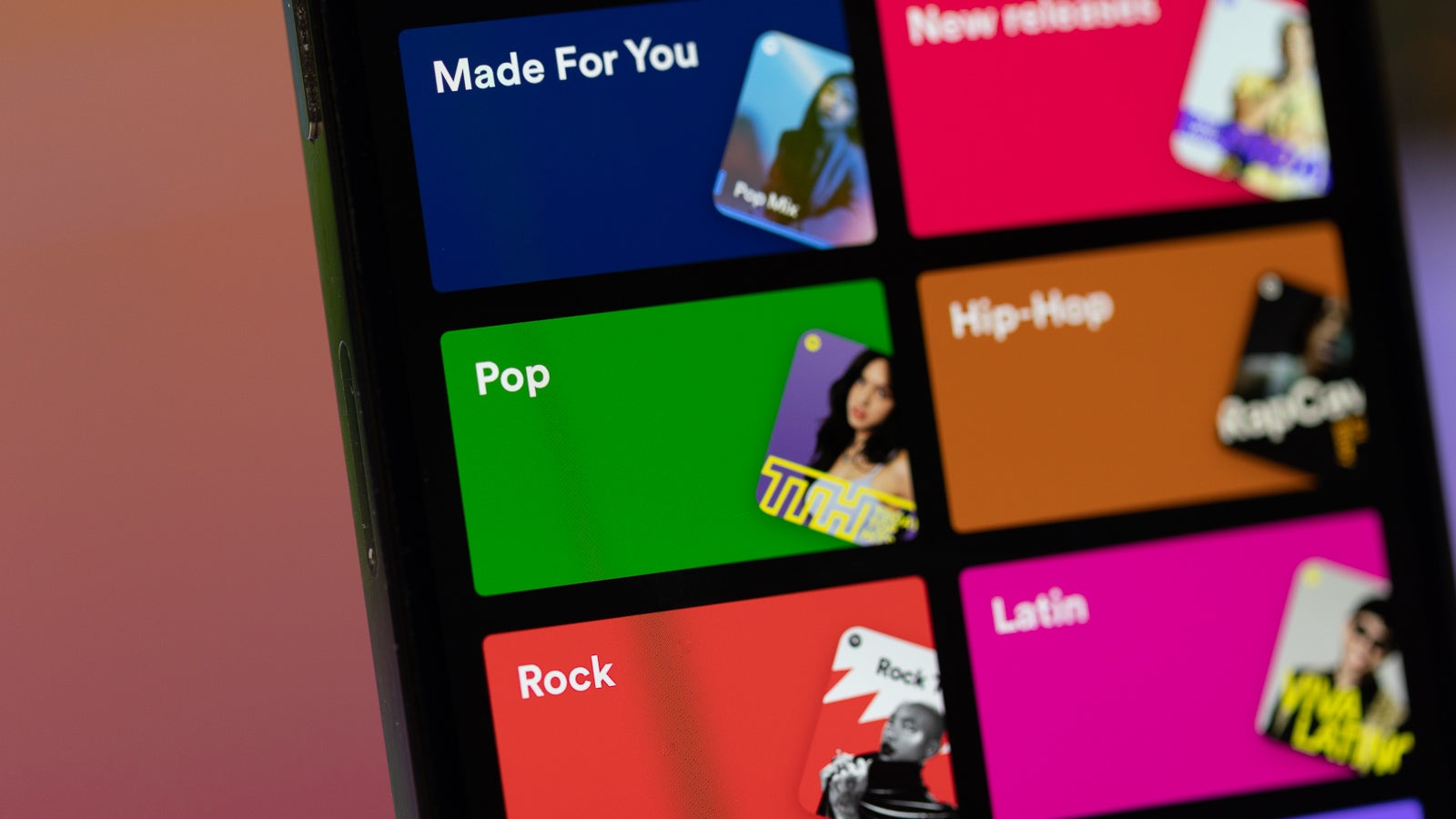Shielding Your Digital Life: Essential Privacy Tools Every Android User Needs in 2025
The Digital Privacy Dilemma It is crucial to maintain your online privacy as our world gets more digitally connected. Android smartphones, renowned for their accessibility and adaptability, are regrettably also popular targets for intrusive tracking techniques and cybercriminals. Every app, swipe, and click you do could reveal private information to prying eyes. You can take charge of your digital life and safeguard your data against attacks, though, if you have the appropriate tools. Your privacy and your Android device’s security are guaranteed when you comprehend and apply the proper tactics—the most excellent strategies to protect your privacy and keep your […] The post Shielding Your Digital Life: Essential Privacy Tools Every Android User Needs in 2025 appeared first on Phandroid.
The Digital Privacy Dilemma
It is crucial to maintain your online privacy as our world gets more digitally connected. Android smartphones, renowned for their accessibility and adaptability, are regrettably also popular targets for intrusive tracking techniques and cybercriminals. Every app, swipe, and click you do could reveal private information to prying eyes. You can take charge of your digital life and safeguard your data against attacks, though, if you have the appropriate tools. Your privacy and your Android device’s security are guaranteed when you comprehend and apply the proper tactics—the most excellent strategies to protect your privacy and keep your Android smartphone safe.
The Foundation: Privacy-Focused Browsers
The browser you use is crucial to protecting your online activity. Numerous widely used browsers have intrusive cookies and trackers that expose your information. Browsers that prioritize privacy, like Brave and DuckDuckGo, offer a great substitute. These browsers frequently have built-in HTTPS encryption to protect online sessions, block advertisements, and stop-tracking scripts. Brave even gives users money to watch non-intrusive advertisements, benefiting users who are concerned about their privacy. You can further improve your online anonymity by configuring your browser to automatically remove cookies and history at the end of each session. Android users can browse the web confidently, knowing that third parties aren’t collecting their data because privacy-designed browsers are given priority.
Locking Down Communication: Secure Messaging Apps
Making sure your discussions stay private is crucial in a time when instant messaging rules our digital relationships. Because they provide end-to-end encryption, ensuring that only you and the intended receiver can view your messages, apps like Signal and Telegram are at the forefront of secure texting. With features like screen security, vanishing messages, and no user data monitoring, Signal goes above and beyond regarding privacy. Although Telegram also has encrypted chats, users must choose the “Secret Chat” option to fully utilize its privacy features. Since these open-source applications, their security procedures are available and regularly examined by professionals. In a world where privacy is a concern, using encrypted messaging technologies safeguards private correspondence and establishes a benchmark for online communication. Use the materials provided by DigitalPrivacy to learn more about data protection.
The Shield: VPNs for Android
Virtual private networks, or VPNs, are now necessary for protecting privacy on the internet. Virtual private networks, or VPNs, can hide your IP address and ensure the privacy of your online activities by encrypting your internet connection. Android customers favor services like NordVPN, ExpressVPN, and ProtonVPN because to their robust encryption standards, fast connections, and no-logs policy. A VPN is helpful when accessing public Wi-Fi, a well-known hacker hotspot. VPNs shield you from prying eyes and stop websites from tracking your location by directing traffic through a secure server. By 2025, VPNs will be more important than merely security since they will enable users to access content that is blocked, get around regional limitations, and even enhance gaming by lowering latency. Anyone concerned about protecting their online presence needs a good VPN.
Data Hygiene: Password Managers and Two-Factor Authentication
Weak or frequently used passwords are the root cause of data breaches. Creating and maintaining secure, one-of-a-kind passwords for each account is made easier by password managers such as LastPass, Dashlane, and Bitwarden. These technologies securely store your credentials in an encrypted vault that requires a master password to access. Using two-factor authentication (2FA) apps with a password manager, such as Authy or Google Authenticator, adds more security. Even if your password is hacked, 2FA dramatically lowers the danger of unwanted access by requiring a second verification step, such as a one-time code texted to your phone. These technologies create an unbreakable barrier against online threats, not just ease.
Taking Control: Privacy Settings and Permissions
Utilizing your Android device’s built-in capabilities is just as crucial as using privacy tools. Users can control data-sharing choices, turn off location tracking, and restrict app access using Android’s privacy settings. It’s critical to routinely check app permissions to stop intrusive apps from accessing needless data. For instance, there is no justification for a flashlight app to access your microphone or contacts. Improved privacy dashboards in Android 12 and later versions make monitoring app activity and modifying permissions simpler. You can improve control over your data and reduce your vulnerability to possible breaches by taking charge of your device’s settings.
Empowering Android Users for a Private Future
Adopting a few tools isn’t enough to protect your digital life in 2025; you must also develop a mindset that puts security and privacy first. The road to digital safety is lined with well-informed decisions, ranging from VPNs, password managers, and cautious permission management to privacy-focused browsers and encrypted messaging apps. If you arm yourself with these fundamental tools and procedures, you may safely traverse the digital terrain while protecting your data from tracking, breaches, and surveillance. Take proactive steps to safeguard your online identity and take control of your digital privacy right now.
The post Shielding Your Digital Life: Essential Privacy Tools Every Android User Needs in 2025 appeared first on Phandroid.













![From Gas Station to Google with Self-Taught Cloud Engineer Rishab Kumar [Podcast #158]](https://cdn.hashnode.com/res/hashnode/image/upload/v1738339892695/6b303b0a-c99c-4074-b4bd-104f98252c0c.png?#)
































































